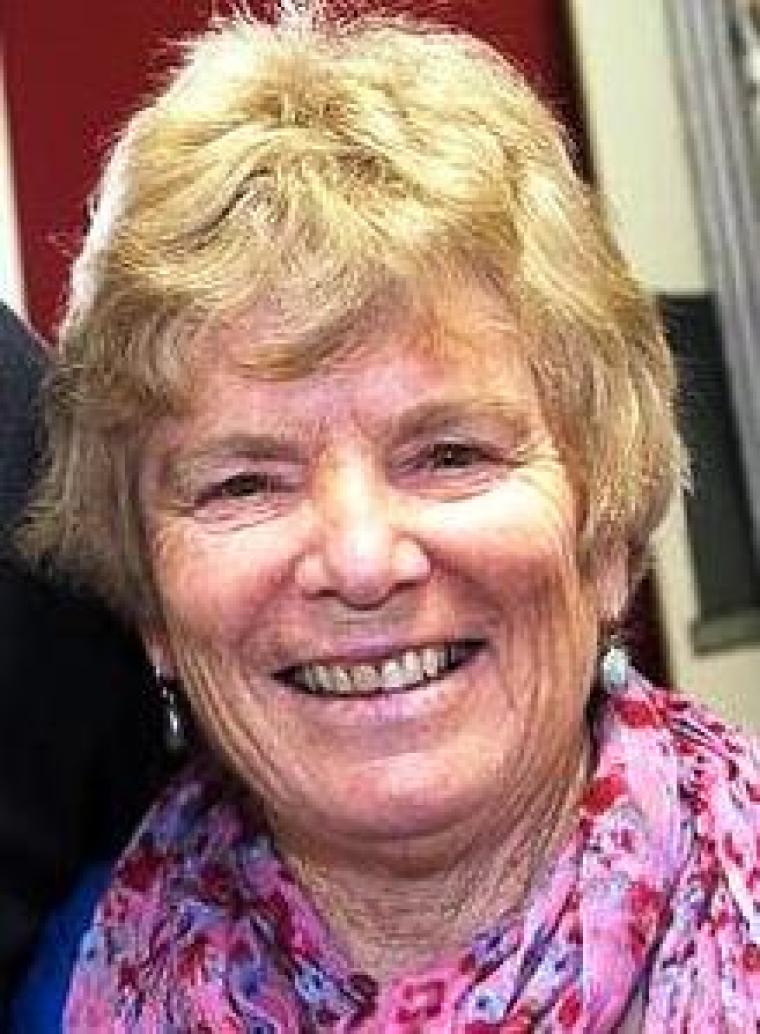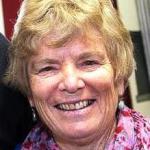It was 1977. I had an opportunity to go to a heavily promoted conference in Christchurch in the days when so-called Women’s Liberation was first emerging. I dithered. It would be helpful to find out what these women were on about, and to meet some of them.
But the long weekend was an opportunity to visit my 93 year old grandmother for the weekend. I opted to visit her.
I’m so glad I did. Later I read some of the reports from the conference and was appalled. The anti-male rhetoric, the language distortions, and some of the sentiments being expressed, were deeply disturbing. The conference seemed to be an opportunity for not much more than a three day rant.
Then I tried to read some of the feminist literature that was emerging. Again, I just couldn’t stomach some of it.
The trouble was I’d been really fortunate. I had strong woman role models in my life. I knew men whom I valued and respected. I’d never been abused by any man. I enjoyed the company of men, their wit and humour, and found that sometimes their conversation was preferable to that of women.
I had also seen that when women had the upper-hand they could be just as merciless and power-hungry as any male. (A hospital matron I met comes to mind.) I’d seen too examples of the ‘hen-pecked husband.’
It wasn’t only women who needed liberating.
Was Christian feminism any different?
While doing theological study I was exposed to a number of women teachers. Some were rather average – appointed to their positions because they were women, I suspect. But I did encounter some real thinkers, women who were well-versed in their particular fields and who made good contributions. One writer and speaker was Elaine Storkey, and through her I came to see that there was a case for a Biblically-based Christian feminism.
I also encountered some radical women, some of the first to be ordained as Anglican ministers, who were intolerant and judgmental of any woman who did not take the same position they did. At one seminar, one of the contributing students – a lovely gracious woman, very competent in her own field – was verbally torn to shreds by the seminar leader for the way she had presented her material. She had not toed the party line, and she was reduced to tears as a result.
At other times I was ‘jumped on’ by women for using non-inclusive language when I used such a term as ‘fellowship’ when giving a notice about a woman’s meeting at college. (My husband too was taken to task for using a term such as ‘ladies’ when referring to a group of women.)
And I was put off by a number of women for whom the status of being ordained seemed to be so important. Some of them couldn’t understand that I was doing theological study for its own sake, and wasn’t looking towards ordination.
Ministering out of pain
Some years later, I met a couple I knew who had moved to a country parish which had a woman minister. They were quite accepting of having a woman minister per se, but hesitant when they spoke of her ministry. “She’s been really hurt in the past by men, and she is ministering out of her pain,” they said. “It colours her approach to everything.”
I knew of the ministry of a ‘wounded healer’ but in this minister’s case there didn’t appear to be much healing.
Women together, studying the scriptures
In one church I led a Bible Study group for women for about eight years. One of the fascinating things we did was to look at what Paul the Apostle wrote in his letters about women in his greetings and comments at the end of each letter. We also compared that with the women who feature in the Book of Acts, and who these women were.
It was intriguing to find how many women there were, and how they were equally involved in ministry with men, and in some cases, such as Lydia, exercising real leadership. We found the study really liberating, and found that men and women were on the same page – being used by God in leadership where opportunities and skills were available.
Being free in Christ
Paul in his letter to the Galatians wrote in chapter 3 verse 28, ‘In Christ there is neither male nor female, slave nor free, Jew nor Greek…” Women are the equals of men, and men are the equals of women – neither was better than the other, nor inferior to the other. This does not only refer to their status, but also by implication refers to leadership.
I’m saddened when I encounter churches where women are hindered from such leadership. I’m concerned too when I find churches where women assume authority in a manner which lords it over others, rather than in the way that Jesus taught – and showed by his example.
I can’t be a feminist – even a Christian one – at the expense of men. I see that both men and women find their true freedom in Christ, in leadership and in serving together.

Liz Hay relishes life in a small mountain village an hour away from Christchurch, NZ. She and her husband, Ron, have three adult children, seven grandchildren, and share a love of literature and the outdoors. Her working life has included a wonderful mix of teaching, editing and writing, various office jobs, along with all sorts of ministry opportunities, often on an equal footing with men.

Liz Hay is appalled by the amount of vitriol that is now being slung at any Christian who dares to comment on an issue raised in the media. Christianity is not only seen as an aberration, but is being increasingly regarded by some as a scourge to be removed from society. With the growing malevolence being expressed towards the church, it is no wonder that even going on to church property can be a daunting experience.
The balm of the natural world, and friendship with genuine and real people, that Liz experiences in her small village in the mountains is a wonderful antidote to anti-Christian comments.